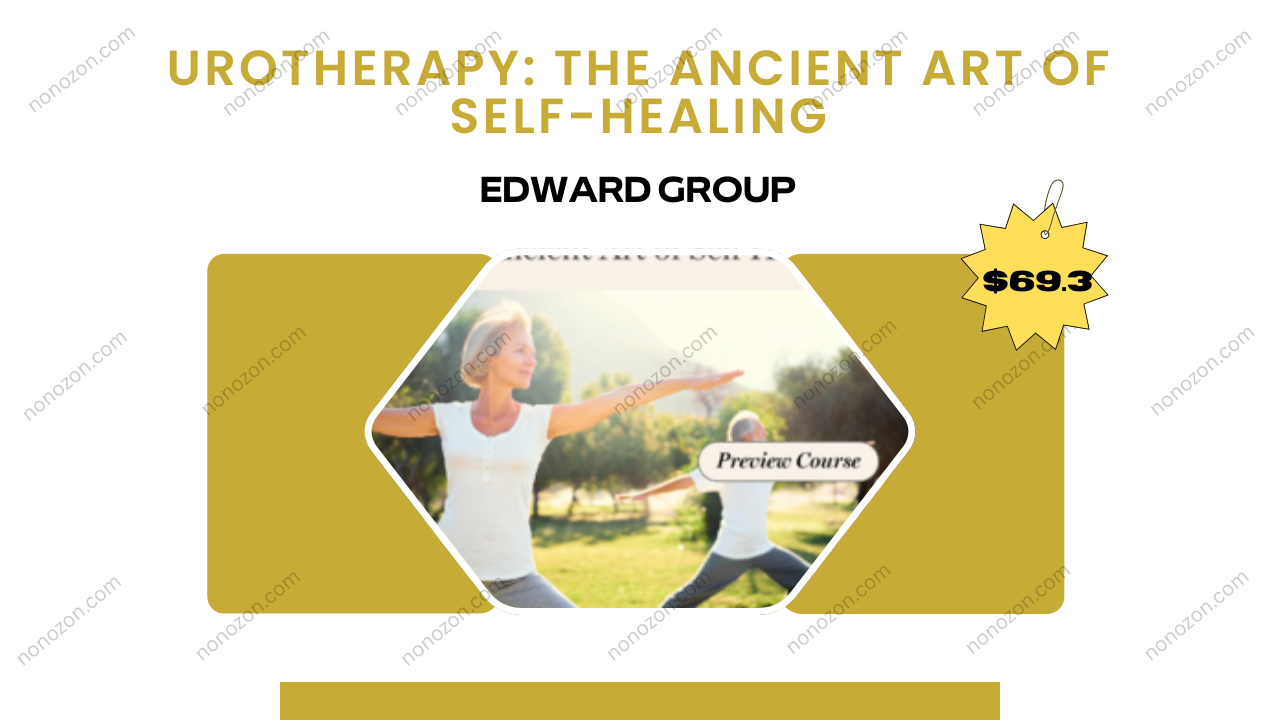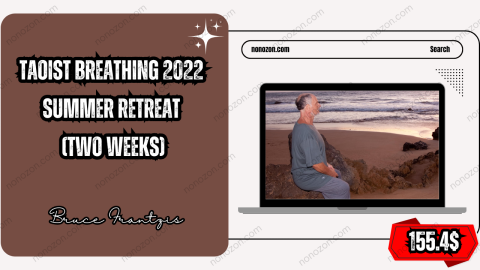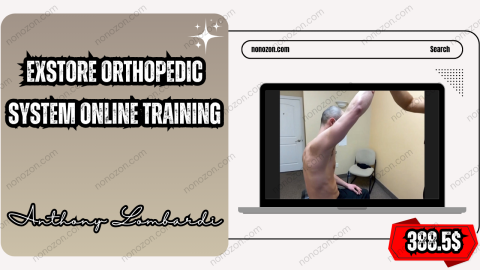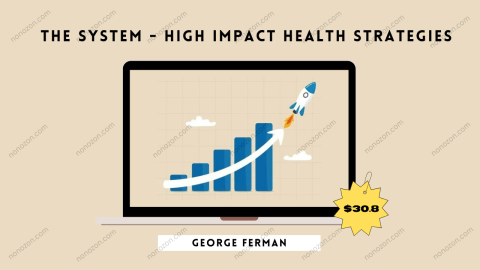Urotherapy: The Ancient Art of Self-Healing
by Edward Group
Urotherapy: The Ancient Art of Self-Healing
Check proof of content here:
In an age increasingly dominated by pharmaceuticals and cutting-edge medical treatments, the suggestion of using urine as a form of healing might provoke discomfort or disbelief. Yet in Urotherapy: The Ancient Art of Self-Healing, Dr. Edward Group makes a compelling case for reviving this time-honored tradition. Rather than dismissing urine as mere bodily waste, Group proposes that it holds a wealth of therapeutic potential. Going far beyond the simplistic notions of drinking or applying urine, the book outlines a holistic, integrative model that awakens the body's innate healing capacities. This review explores the key themes of the book, highlighting both the historical roots and modern relevance of urotherapy, while offering a balanced perspective on its possible benefits.
Historical Context of Urotherapy
The medicinal use of urine is far from a new-age curiosity. Ancient civilizations such as Egypt, Greece, and India embraced it as part of their healing practices. Far from being regarded as waste, urine was seen as a divine fluid with curative properties. Dr. Group draws from historical documents and healing traditions to demonstrate that urine therapy once occupied a respected place in the pantheon of ancient medicine.
- Ancient Egypt: Urine was commonly employed in Egyptian medical formulas. Its pH and composition were even used diagnostically to detect illness, suggesting an early awareness of bio-indicators in bodily fluids.
- Ancient Greece: Hippocrates and other classical Greek healers acknowledged the therapeutic value of urine, incorporating it into treatment plans for both internal and external disorders.
- Ayurvedic Traditions: In India, urine therapy—called Shivambu—has long been practiced and is still utilized today. Ancient Ayurvedic texts praise its effectiveness in addressing a wide range of health issues.
By reviving these traditions, Dr. Group challenges modern aversions to the practice, framing skepticism as a culturally constructed bias rather than a scientifically grounded objection.
The Science Behind Urotherapy
Central to Dr. Group’s thesis is the biological rationale for why urine may support healing. Composed mostly of water, urine also includes a blend of urea, minerals, hormones, and vitamins—all of which contribute to its therapeutic profile.
- Sterile by Nature: Fresh urine is typically sterile, making it surprisingly safe for both internal and external use. This sterility enhances its appeal as a natural, risk-mitigated healing agent.
- Bioactive Compounds: Elements such as urea and creatinine can accelerate cell renewal and assist the body in eliminating toxins. These compounds may also have antimicrobial and anti-inflammatory effects.
- Hormonal Components: Urine contains trace hormones that, according to proponents, might aid in rebalancing the body's internal systems—contributing to improved wellness and resilience.
Although formal studies are limited and under-publicized, Dr. Group cites emerging research and anecdotal evidence to argue that the science—though nascent—warrants deeper exploration and fewer dismissive attitudes.
Instant Download Urotherapy: The Ancient Art of Self-Healing by Edward Group

Practices of Urotherapy
Dr. Group outlines a variety of methods through which urotherapy can be integrated into a wellness routine. His approach encourages experimentation and individual responsiveness over rigid prescriptions.
- Oral Consumption: Drinking one's own urine is perhaps the most controversial method, yet Group points to numerous cultural precedents and personal testimonials citing benefits such as clearer skin and increased vitality.
- Topical Use: Urine has been applied to wounds and skin irritations for centuries. Its antiseptic and anti-inflammatory qualities make it useful for treating conditions like eczema, acne, and insect bites.
- Urine Enemas: Used as a detoxification technique, urine enemas are said to cleanse the colon and rebalance the microbiota—aligning gut health with overall well-being.
- Compresses: Applying urine-soaked cloths to inflamed or injured areas combines the healing effects of urine with the pressure stimulation of compress therapy.
These techniques underscore Group’s view that urotherapy is not one-size-fits-all, but rather a toolbox of self-care strategies tailored to individual needs.
Addressing Misconceptions and Stigmas
Despite its longevity and anecdotal support, urotherapy remains controversial—largely due to ingrained social taboos and a lack of widespread education. Dr. Group devotes significant effort to confronting these barriers directly.
- Cultural Conditioning: Many modern societies equate urine solely with waste and uncleanliness, ignoring historical and empirical data that suggest otherwise.
- Medical Dismissal: Mainstream healthcare tends to sideline practices that lack pharmaceutical backing. Group argues this bias hampers innovation and restricts access to potentially valuable tools.
- Educational Gaps: The public's unfamiliarity with the practice breeds misunderstanding. Through thorough explanation and referenced research, Dr. Group seeks to fill this gap and encourage critical, open-minded inquiry.
Reframing urotherapy as a viable self-healing modality could open new conversations in both individual wellness and broader medical thinking.
Contemporary Applications and Integration
Dr. Group views urotherapy not as a fringe novelty but as a complementary strategy for tackling the complex health issues of the modern world. From environmental toxins to chronic deficiencies, today’s challenges call for solutions that go beyond conventional medicine.
Potential Goals of Integration:
- Detoxification Support: As chemical exposures become increasingly unavoidable, urine’s detoxifying potential could help mitigate the burden placed on the body’s systems.
- Nutritional Rebalancing: Given the trace amounts of nutrients found in urine, Group posits that it may serve as an internal feedback mechanism—recycling what the body may still need.
- Whole-Person Healing; Integrating urotherapy into a lifestyle centered on self-reliance and holistic care aligns with Group’s broader mission: empowering individuals to activate their body’s natural intelligence.
By encouraging autonomy over one's health and rejecting overreliance on external interventions, Group promotes a vision of healing that is both ancient and urgently modern.
Conclusion
Urotherapy: The Ancient Art of Self-Healing is a bold and thought-provoking work that challenges the boundaries of mainstream health thinking. Dr. Edward Group blends ancient medical practices with current perspectives, offering a fresh yet grounded exploration of self-healing through urine therapy. Whether embraced fully or approached with cautious curiosity, the book serves as an invitation to reimagine health beyond conventional confines. Above all, it reminds us that the tools for healing may reside not in distant laboratories—but within ourselves.




